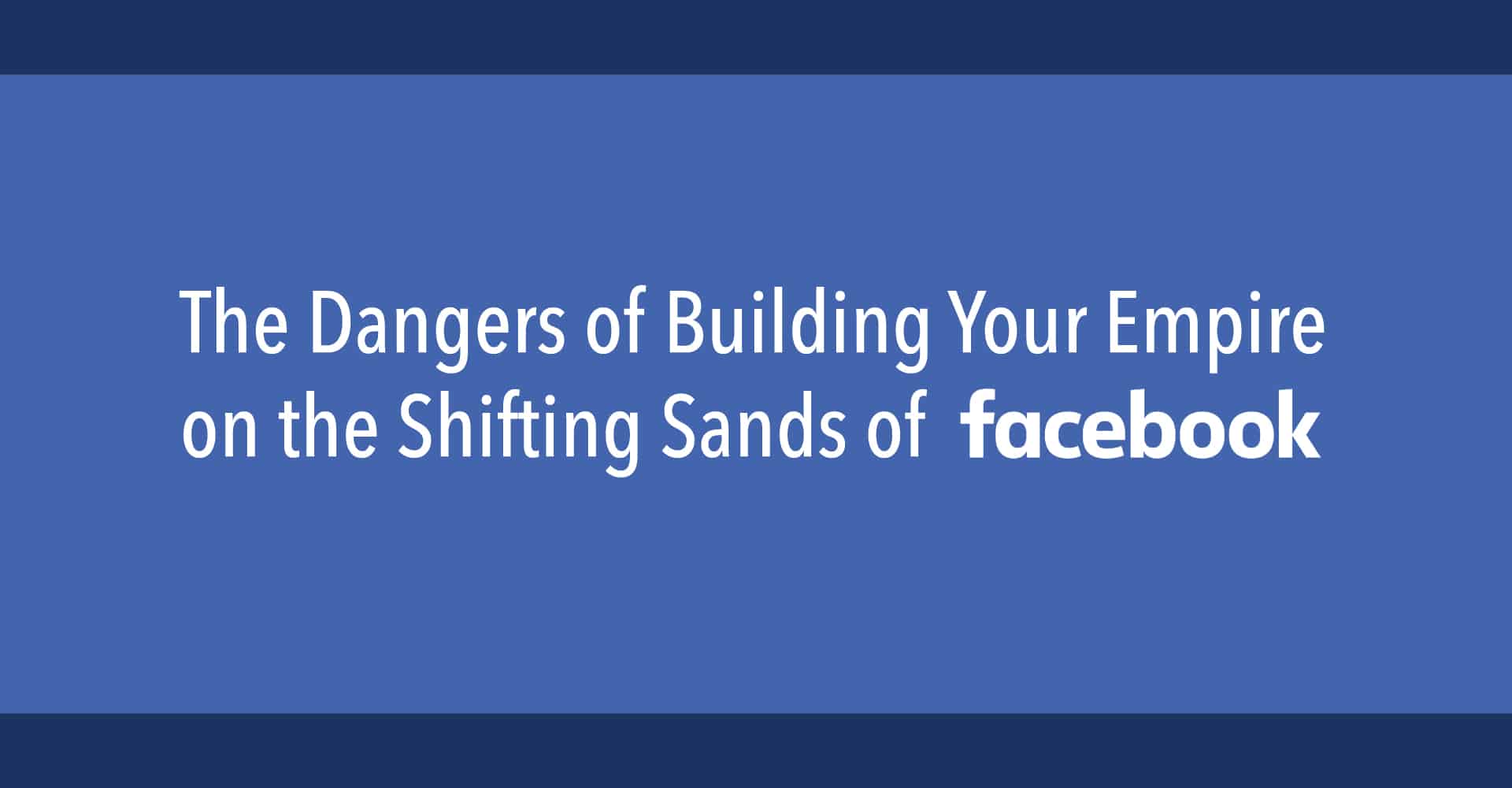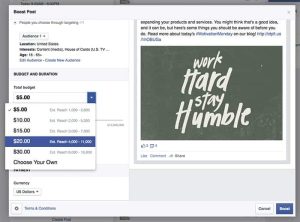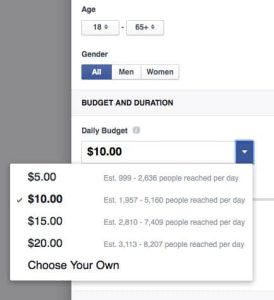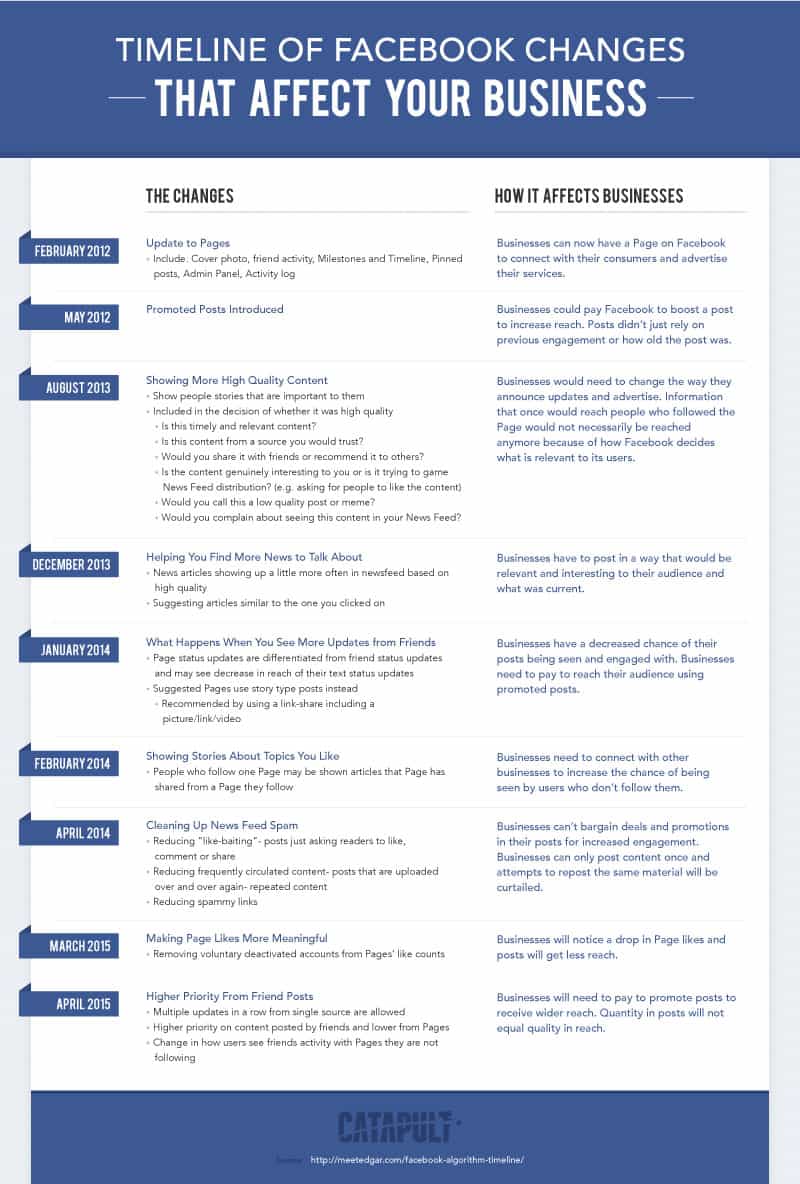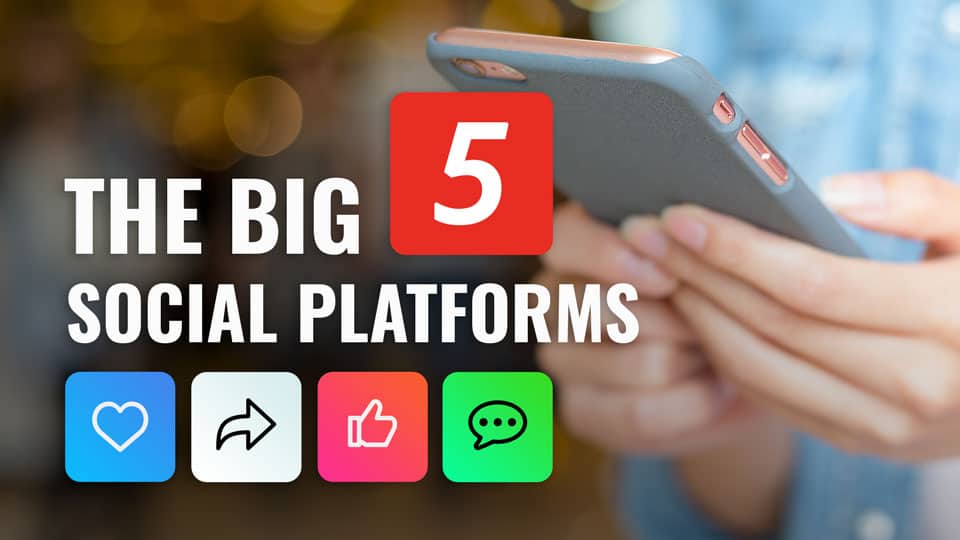Cautionary Tales for Small and Medium Business Owners About Facebook
Imagine that a new social media platform kicks off. It promises to show people what you post, but for a cost, and whenever and however the platform wants. This is Facebook. The moment you put your intellectual property on Facebook you grant them a license to use it as they wish.
This license is subject only to your privacy and application settings (even if you delete your account if anyone else has shared it and have not deleted it, Facebook can still use it). I recently cringed when I heard an “Internet marketing company” at a conference telling a business owner that websites were obsolete and that they should just use Facebook.
This isn’t just putting all of your eggs into one basket. The basket belongs to Facebook and you have to be careful because how they decide to use it is ultimately up to them. You don’t control it the way you control the content on your own website.
Full disclosure: My Company builds websites for businesses, but this information is important whether or not you utilize Catapult to help build your business.
It’s time to analyze the resources you put into your company’s Facebook and re-evaluate your marketing strategy. Here are the three reasons why, and how to adapt towards the proposed changes.
When Facebook first allowed business owners to create business pages back in 2007, the name of the game was likes. The more likes you had, the more people would see your content. A lot of businesses spent a great deal of time and money to build their “like” base. This changed in 2012.
In 2012, Facebook began offering the “opportunity” to promote posts on Facebook. Likes were devalued because Facebook’s algorithm changed. Just because someone liked your page did not mean they were going to see your posts. Promoted posts allowed you pay to reach a certain audience.
Now advertisements peeked out from the sidebar and soon enough, began infiltrating the timeline. Companies could directly advertise to consumers as long as they paid Facebook for ad placement. The likes that you spent all of that money acquiring became virtually worthless.
As the admin of a company’s Page, you pay for ads in order for your company’s content to be seen more — and ultimately, this is the route that most companies will have to follow in order to be noticed. Yet even with these payments, there is a high chance your money will go to waste.
It doesn’t matter how many likes your pages have. Think about it. You may have over 500 friends, but how many of those wish you a happy birthday or like your status updates?
The same applies to pages: a fraction of a fraction of your followers see your posts. Even the time that you post, which used to be a critical factor in getting your posts noticed, is hardly an influence anymore.
Facebook does give you the opportunity to “target” your audience and schedule posts, but it only promises that it will appear in a feed. You can’t pay people to interact with it, only to see it for a few seconds.
Even with all the options it gives you, Facebook’s changing algorithms and updates occur so frequently that it’s hard to keep up. It is like being in a boxing match. Except that your opponent is not your competition, it’s Facebook. The person pulling the rope-a-dope tactic on you is Facebook. Remember you are Facebooks product, not their client.
-
It is and will be changing drastically.
You’re paying Facebook to show your ads, but it can also decide to show them whenever it wants. It’s stated right in the terms and conditions. Facebook is authorized to use and track your content, allowing them beneficial information about posts for their future use.
Facebook has been showing you more news articles and links since 2013, and is already testing to make this more of the case.
In addition, Facebook is ranking your content on whether or not it’s timely and relevant to your audience. They get to decide on whether your article is timely and relevant. Frankly, that is a little insulting. Shouldn’t you know your audience better than a third party?
This changes how you need to post content.
Say, for example, that you’re announcing a new service for your company that will benefit your customers. However, a festival is going on in town that a lot of Facebook users are talking about.
Your information is suddenly irrelevant, and Facebook will not show it.
Take away
- Realize that anything you post on Facebook, how it is shared or engaged with is subject to change. Just because something works like this today doesn’t mean it will work tomorrow.
- You have to be on top of Facebook updates to react to their latest changes in their algorithm. For most small companies using Facebook this is an impossible challenge. Look for an agency that does this kind of work on a regular basis.
- For most companies, their most valuable property online is their own website. It’s the only property you can own and control. Facebook can be a valuable part of your marketing strategy, but don’t put all of your eggs in Facebook’s basket.
David Maples is Brand Strategist at Catapult Creative Media Inc. He enjoys music and witty banter.
Work with Catapult Creative Media Inc. Catapult Creative Media Inc. is a digital marketing and design agency serving south Louisiana and headquartered in Baton Rouge. Founded in 2007, Catapult provides digital, social and mobile marketing solutions backed by relevant strategy and measurable results. Catapult works the web to their clients’ advantage, launching them to their next level of success.

